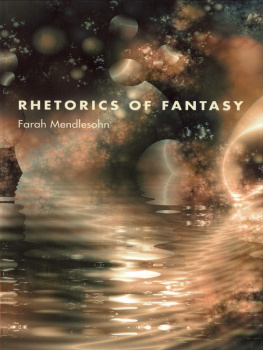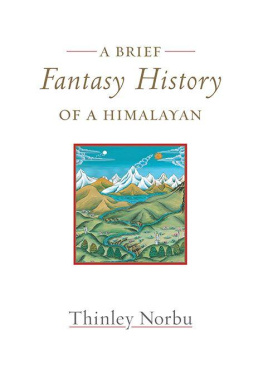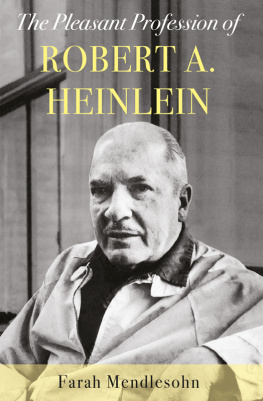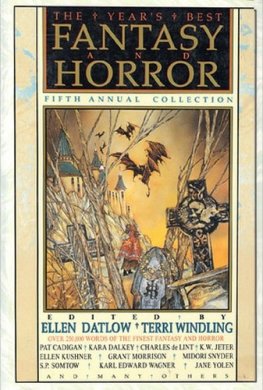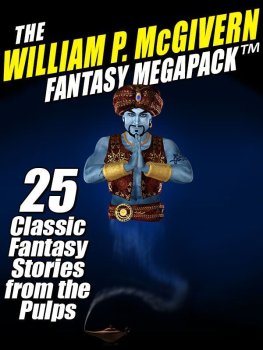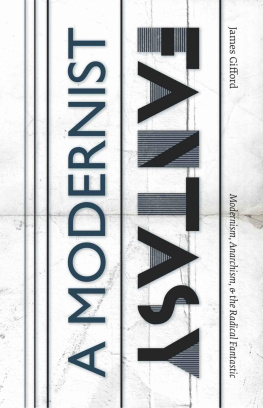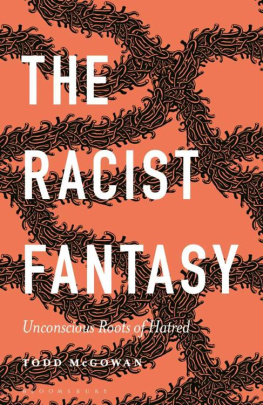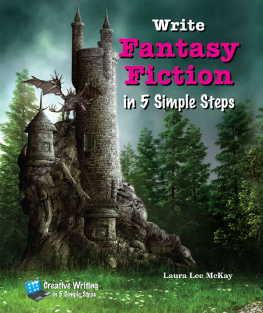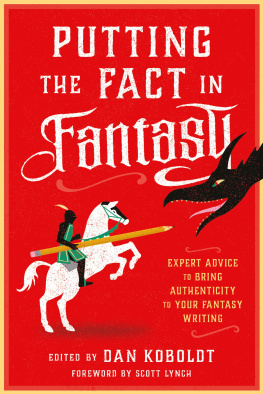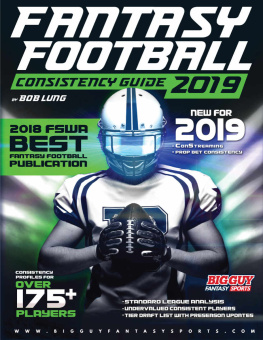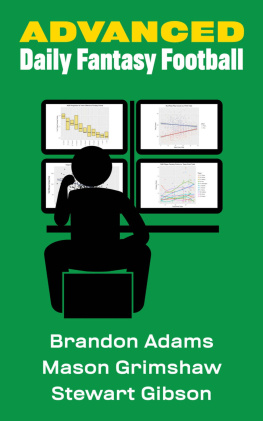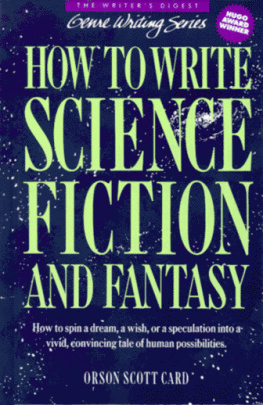
Rhetorics of Fantasy

Rhetorics of Fantasy
Farah Mendlesohn
Wesleyan University Press Middletown, Connecticut
Published by Wesleyan University Press, Middletown, CT 06459
www.wesleyan.edu/wespress
2008 by Farah Mendlesohn
All rights reserved
Printed in the United States of America 5 4 3
Wesleyan University Press is a member of the Green Press Initiative. The paper used in this book meets their minimum requirement for recycled paper.
Library of Congress Cataloging-in-Publication Data
Mendlesohn, Farah.
Rhetorics of fantasy / Farah Mendlesohn.
p. cm.
Includes bibliographical references (p.) and index.
ISBN-13: 9780819568670 (alk. paper)
ISBN-10: 0819568678 (alk. paper)
ISBN-13: 9780819568687 (pbk. : alk. paper)
ISBN-10: 0819568686 (pbk. : alk. paper)
1. Fantasy fiction, AmericanHistory and criticismTheory, etc. 2. Fantasy fiction, EnglishHistory and criticismTheory, etc. 3. Science fiction, AmericanHistory and criticismTheory, etc. 4. Science fiction, EnglishHistory and criticismTheory, etc. 5. Fantasy fictionAuthorship. I. Title.
PS374.F27M46 2008
813'.0876609dc22
2007033559

Dedicated to the staff of Birmingham Childrens Hospital, who allowed me to finish The Lion, the Witch and the Wardrobe before turning out the lights.

And to Edward James in salutation of the first time we met.
HEALTH WARNING:
This book is not intended to create rules.
Its categories are not intended to fix anything in stone.
This book is merely a portal into fantasy, a tour around the skeletons and exoskeletons of genre.
Taxonomy: Theory and practice of classification.
Classification: Any method of organizing and systematizing the diversity of organisms, living and extinct, according to a set of rules (Penguin Dictionary of Biology, 9th ed., 1994).
Taxonomy is no longer typological. Its now systematics, consciously based in the axiom The observer is part of the system. Richard Erlich, e-mail, 2003
Formal critics all begin with a truth that ideological critics too often neglect; form is in itself interesting, even in the most abstract extreme. Shape, pattern, design carry their own interestand hence meaningfor all human beings. What some critics have called human meanings are not required; nothing is more human than the love of abstract forms. Wayne C. Booth, introduction to M. M. Bakhtins Problems of Dostoevskys Poetics
Contents
Acknowledgments
This work has been a long time in the making. It began as an impromptu way to arrange a presentation on modern childrens fantasy at the Childrens SF and Fantasy conference organized by the Association for Research in Popular Fiction and the Science Fiction Foundation in January 2002, and I am indebted to Nickianne Moody for providing that opportunity. It continued because my audience showed immediate interest; this interest has been extended by too many other audiences to thank them all, but if you have been one of my interrogators in the past, I thank you. Every one of you has assisted in honing my thoughts. In the process of writing I rambled on to many people, but thanks are especially owed to Jon Courtenay Grimwood and Karen Traviss for their conviction that writing is a craft, to Craig Jacobsen (for his comment on gossiping about theory), Brian Attebery, Dave Clements, John Clute, Steve Cockayne, Stefan Ekman, Neil Gaiman, Elizabeth Hand, Nalo Hopkinson, Edward James, Greer Gilman, M. John Harrison, Roz Kaveney, Ken MacLeod, China Miville, Justina Robson, Graham Sleight, Peter Straub, Steph Swainston, and Gary K. Wolfeall listened to me as I tried to work out what I wanted to say, and all, at some stage, commented on some part of the work. One consequence is that this book has a great many references to conversations and e-mails. This book is intended to function as a jumping-off point for discussion; I consider it very important that the discussions that took place be adequately acknowledged, even if it is impossible for future readers to track them all.
Many people helped me in small ways: finding definitions, checking references, making suggestions for further reading, or just asking the right question. I hope I have included them all here.
Zara Baxter | Paul Billinger | Glenda Guest |
Bernadette Bosky | Judith Clute | Niall Harrison |
Tanya Brown | Tony Cullen | Dan Hartland |
Andrew M. Butler | Neil Easterbrook | Tim Holman |
Elizabeth Billinger | Richard D. Erlich | Kathryn Hume |
Kari Maund | Graham Murphy | Jennifer Stevenson |
Kevin McVeigh | Jess Nevens | Robert Van Osten |
Clare Mendlesohn | Faye Ringel | Greer Watson |
Potchka Mendlesohn | Heidi Robbins | Gary Westfahl |
Cheryl Morgan | Veronica Schanoes | Shana Worthen |
Stephanie Moss | Brian Stableford |
And special thanks to William Senior of the Journal of the Fantastic in the Arts, and to David Hartwell, Kathryn Kramer, and Kevin J. Mahoney; and to the Wiscon Committee, who have all published my thoughts-in-progress as they have developed and to Suzanna Tamminemn at Wesleyan University Press.
My gratitude also to Mike Houghton and James Bloom for keeping me fit enough to write; LiveJournal friends for encouragement in the final days; the staff of the British Library who cheered me with their recognition; and all the hotel staff in various hotels in Dublin who supplied me with tea, positive support, and a power socket when I couldnt find anywhere else to work.
Parts of this book have been published previously:
Towards a Taxonomy of Fantasy. Journal of the Fantastic in the Arts 13, no. 2 (2002): 173187.
Conjunctions 39 and Liminal Fantasy. Journal of the Fantastic in the Arts 15, no. 3 (2005): 228239.
An application of the ideas expressed in this book can be found in my Diana Wynne Jones: Childrens Literature and the Fantastic Tradition (New York: Routledge, 2005).
Introduction
This book is not about defining fantasy. The debate over definition is now long-standing, and a consensus has emerged, accepting as a viable fuzzy set, a range of critical definitions of fantasy. It is now rare to find scholars who choose among Kathryn Hume, W. R. Irwin, Rosemary Jackson, or Tzvetan Todorov: it is much more likely they will pick and choose among these and other definers of the field according to the area of fantasy fiction, or the ideological filter, in which they are interested.
I want to reach out for an understanding of the construction of the genre; specifically, I wish to consider its language and rhetoric, in order to provide critical tools for further analysis. During the research for this book I became aware that while there are many single author or single text studies in genre fantasy criticism, there is relatively little comparative criticism beyond the study of metaphorical and thematic elements. There is almost nothing dealing with the
Next page
